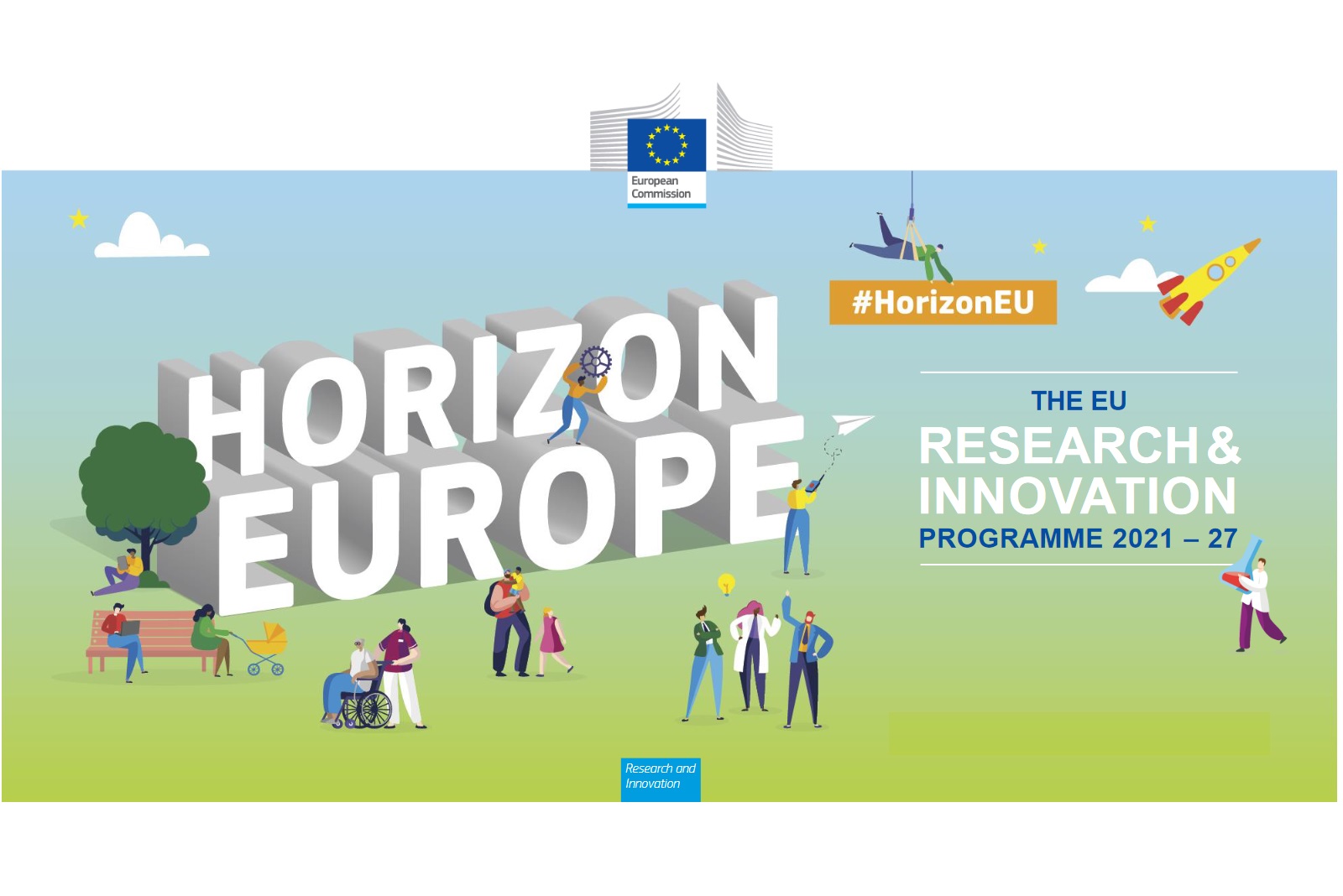
The introduction of automation (automated functions) in the railway sector to be developed by the EU-RAIL programme and digitalization will bring new opportunities to improve the passenger and freight services: increasing capacity on the network, increasing the reliability of the overall system, increasing the punctuality, increasing operational flexibility, etc. are among the key improvements that will be brought into the system.
The project stemming from this topic is expected to identify what are the opportunities for new type of services that could be enabled by these new automated functions and in general the digitalization of the rail system and sub-systems and to consider their business case(s). The latter should take into account who will bear the costs and who will get the benefit, researching as well how those new type of services can increase the competitiveness of rail and model its potential evolution in the transport and mobility sector in the next decades.
The Project stemming from this topic is expected to provide all the following:
- Definition of new business services (at least 4 new services) for both passenger and freight that can be enabled with the introduction of digital solutions in the rail sector and ecosystem, in particular with automated functions. These new services should take into account evolution of customers’ needs and expectations as well as innovations in other sectors.
- Definition and analysis of high-level business cases associated to these new potential business services, highlighting the benefits gained for all the different actors involved in the value chain up until the final customer(s) as well as the possible additional costs to be borne by the sector.
- A model on how modal split will evolve with the introduction of these new business services. This shall also take into account possible economic, political and societal evolutions which may impact the transport sector, and as a consequence, the needs of the customers.

